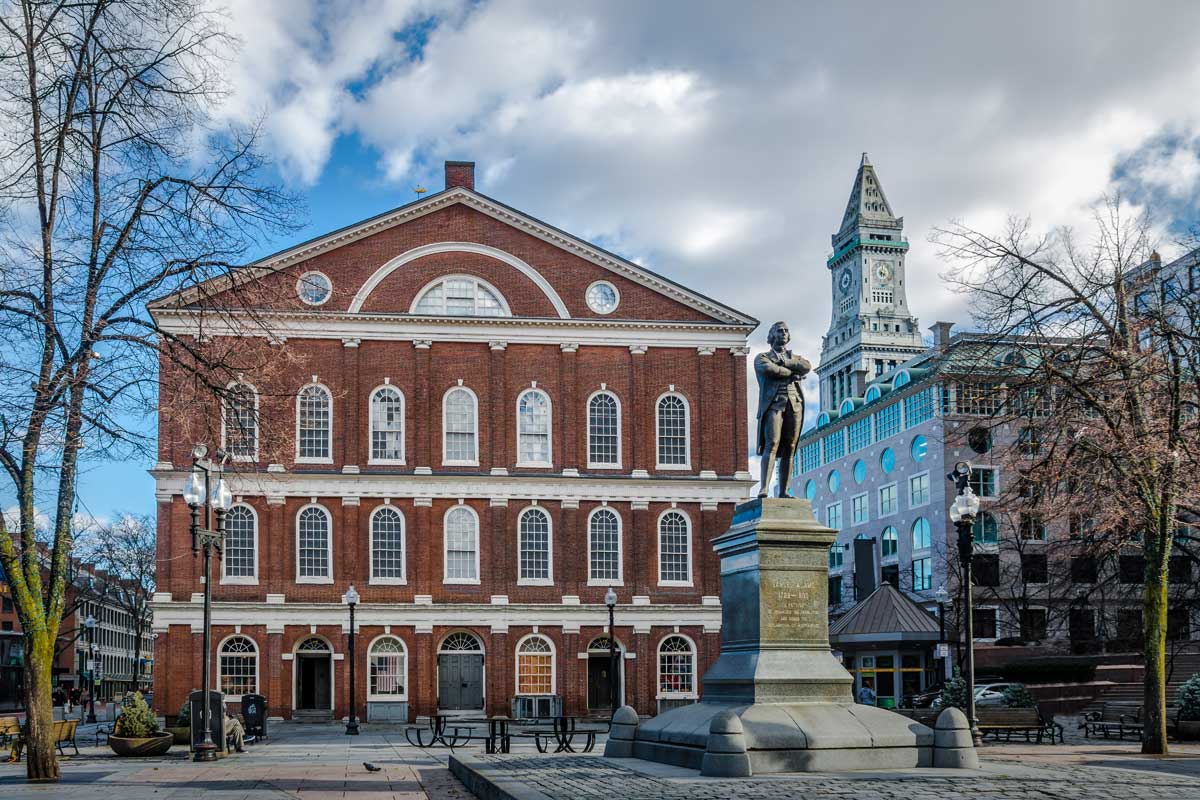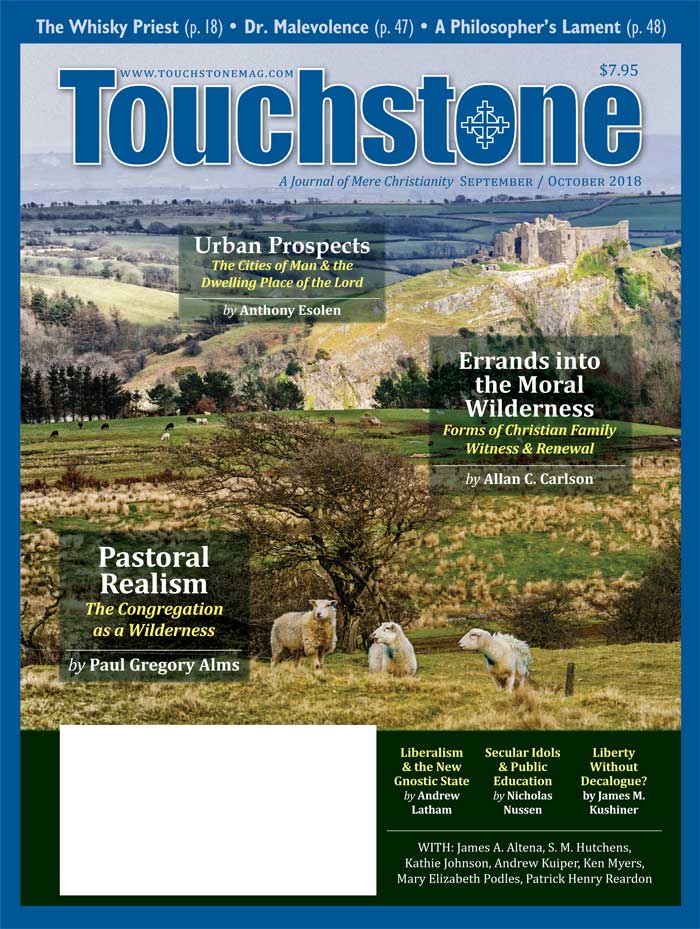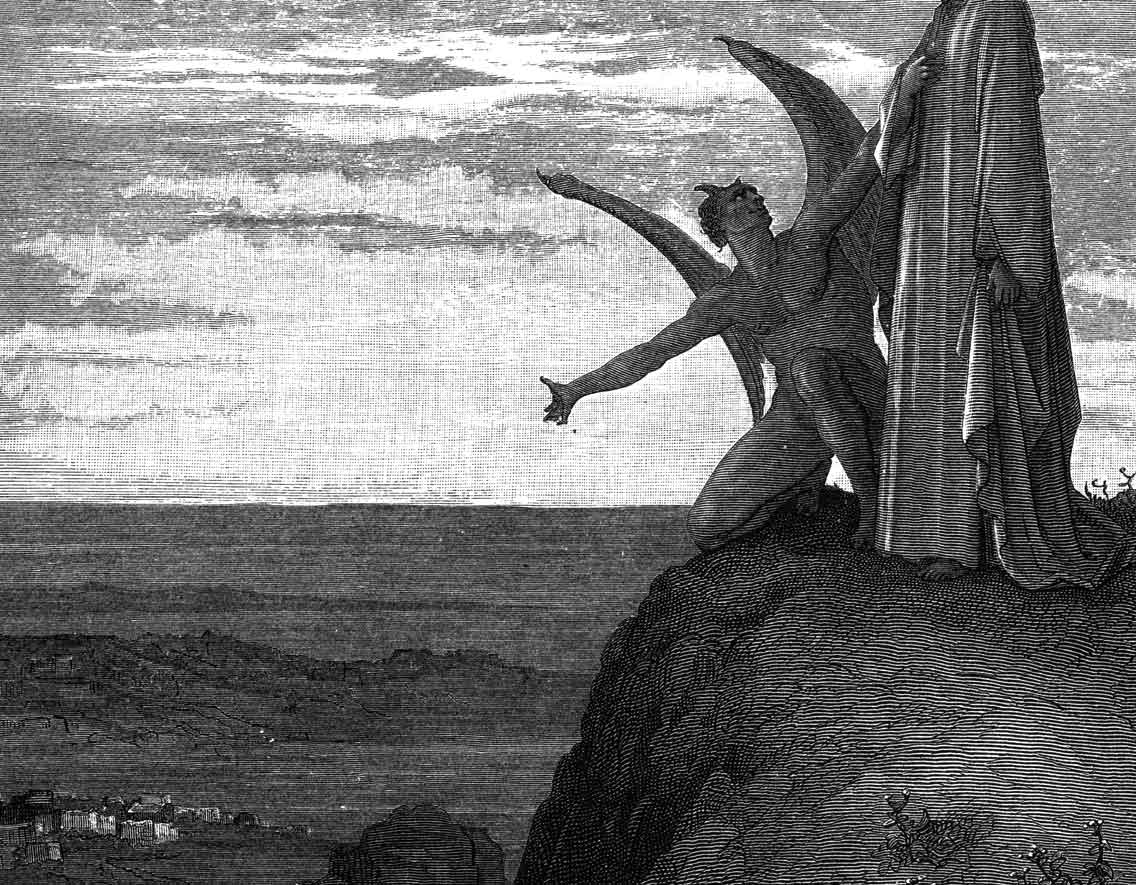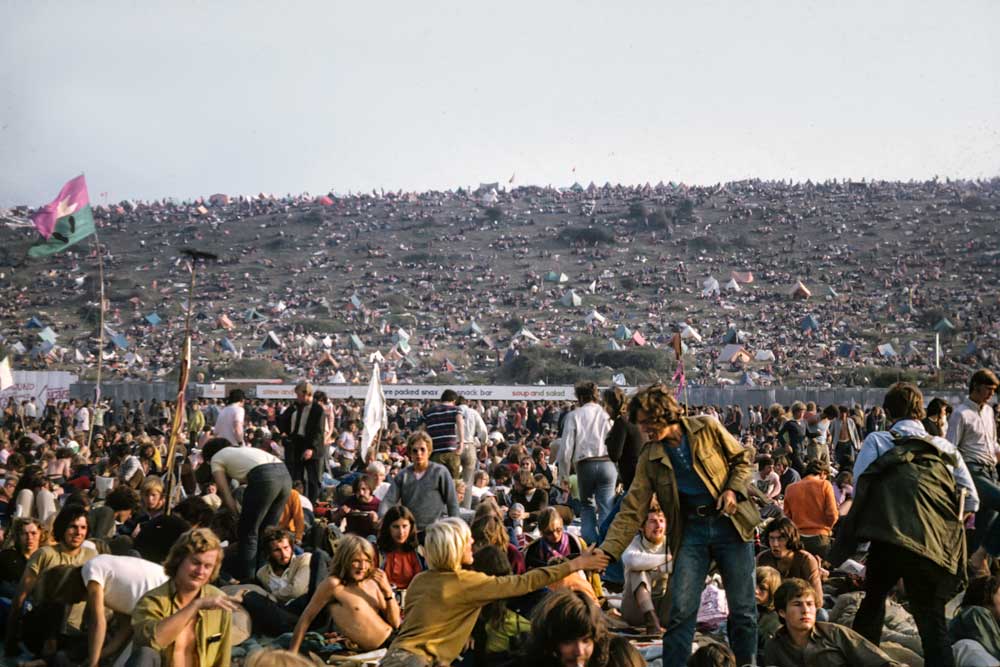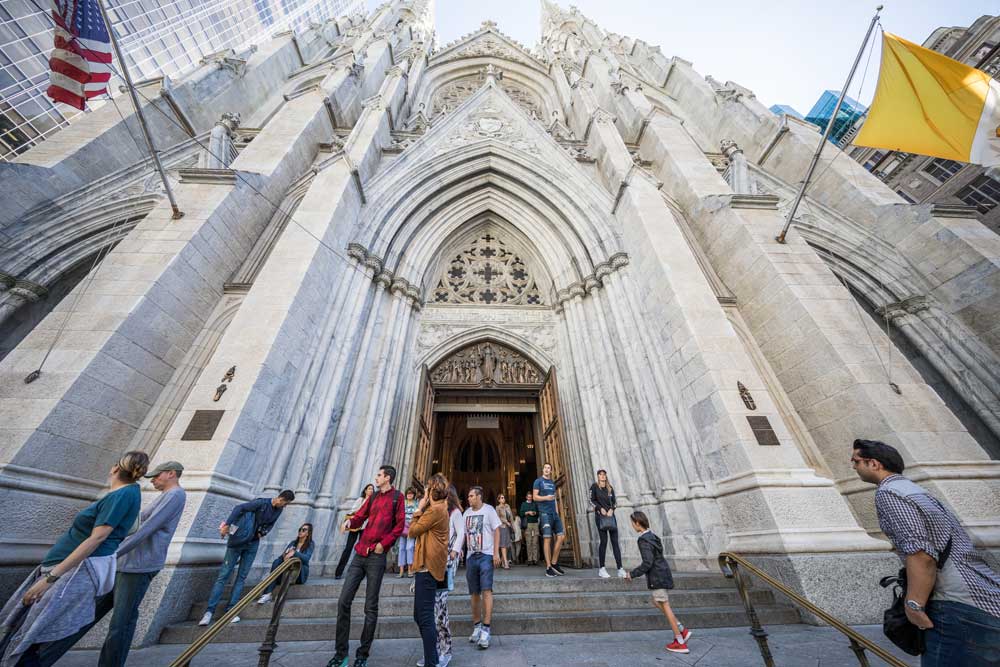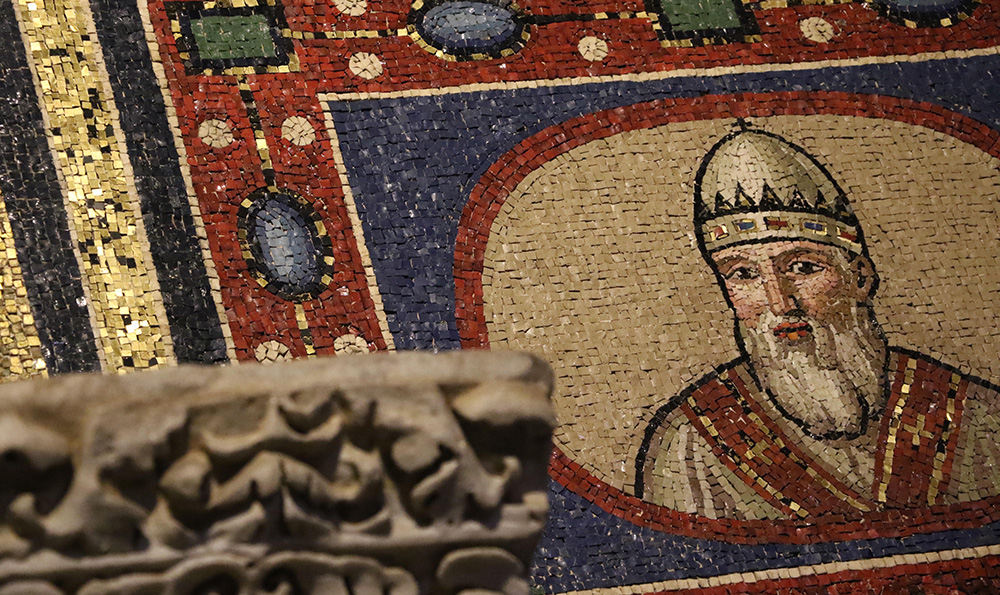Feature
Liberalism Occupied
The Rise of the Gnostic Liberal State After Christianity
by Andrew Latham
Post-liberalism. Beyond liberalism. After liberalism. In recent years, books and articles with titles containing these and similar phrases have proliferated at a breathtaking pace, reflecting a now widely held view that the three-centuries-old liberal era is coming to (has come to?) a decisive end. To be sure, these books and articles often differ significantly in their respective analytical assumptions, political concerns, and practical recommendations. But they share at least one common—indeed, defining—commitment: a belief that, for better or worse, liberalism as a political project is a spent force, and we had better prepare ourselves to endure both its tumultuous death throes and the turbulence that will inevitably accompany the birth of its successor.
But is this an accurate account of where we find ourselves today? Are we really witnessing the demise of liberalism as a world-historical project? Are we as a society actually slouching, via the way station of today's illiberal liberalism, toward the Gomorrah of a definitively post-liberal world?
In a word, no. While it is impossible to gainsay the all-too-evident fact that the liberalism of today is different from that of the seventeenth century, or even that of the first half of the twentieth, claims that these differences are profound enough to signify the end of liberalism underestimate liberalism's ability to adapt itself to changing historical conditions and cultural contexts. Just as liberalism manifested itself as "classical liberalism" in the particular historical circumstances of John Locke's time and, in a very different guise, as "New Liberalism" or "Social Liberalism" in the historical context of John Dewey's time, so it is manifesting itself in distinctive ways in our time.
The challenge today, then, is neither to autopsy liberalism nor to try to limn the contours of some post-liberal political project assumed to be materializing just over the temporal horizon. Rather, the task before us is to specify the cultural forces at work within contemporary American society and to ask how those forces are reshaping the way in which enduring or core liberal ideals and values are being implemented. Once we have done this, it will become clear that the problem today lies not with liberalism per se, but with the gnosticism that in recent decades has replaced Christianity as the cultural matrix within which the liberal project is embedded.
Defining Liberalism
Before we proceed, however, it is necessary to define this thing called liberalism. As the English political philosopher John Gray argues in his classic book Liberalism (1986, 1995), it is a mistake to approach this task as if liberalism has a single unchanging nature or essence. It is better, he says, to treat liberalism as a tradition of political thought that coheres around a distinctive set of themes but that manifests itself quite differently in different historical and national contexts. Gray then enumerates a number of enduring leitmotifs that define the liberal tradition, three of which I think are particularly important:
• Individualism—belief in the moral primacy of the person over and against the claims of any collective;
• Egalitarianism—a commitment to the basic moral equivalence of all human beings; and
• Meliorism—the conviction that the human condition can be improved through the use of critical reason.
To Gray's list I would add one more. Drawing on the work of Pierre Manent, I would include:
Andrew Latham is a Professor of Political Science at Macalester College in Saint Paul, Minnesota. He is the author of Theorizing Medieval Geopolitics: War and World Order in the Age of the Crusades (2011), The Holy Lance (2015), a novel dealing with the Third Crusade, and Medieval Sovereignty (2022).
bulk subscriptions
Order Touchstone subscriptions in bulk and save $10 per sub! Each subscription includes 6 issues of Touchstone plus full online access to touchstonemag.com—including archives, videos, and pdf downloads of recent issues for only $29.95 each! Great for churches or study groups.
Transactions will be processed on a secure server.
more on liberalism from the online archives
more from the online archives
calling all readers
Please Donate
"There are magazines worth reading but few worth saving . . . Touchstone is just such a magazine."
—Alice von Hildebrand
"Here we do not concede one square millimeter of territory to falsehood, folly, contemporary sentimentality, or fashion. We speak the truth, and let God be our judge. . . . Touchstone is the one committedly Christian conservative journal."
—Anthony Esolen, Touchstone senior editor





